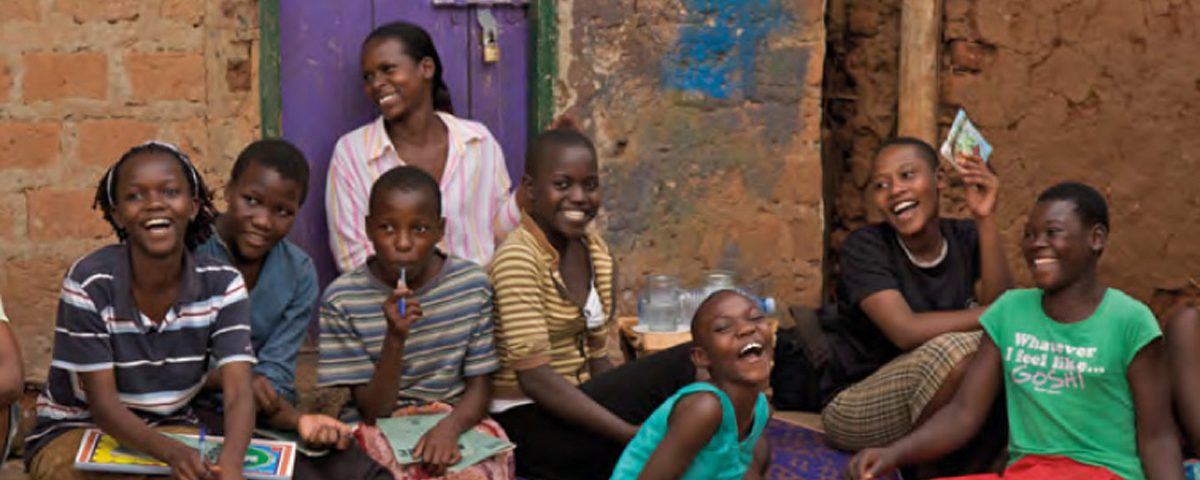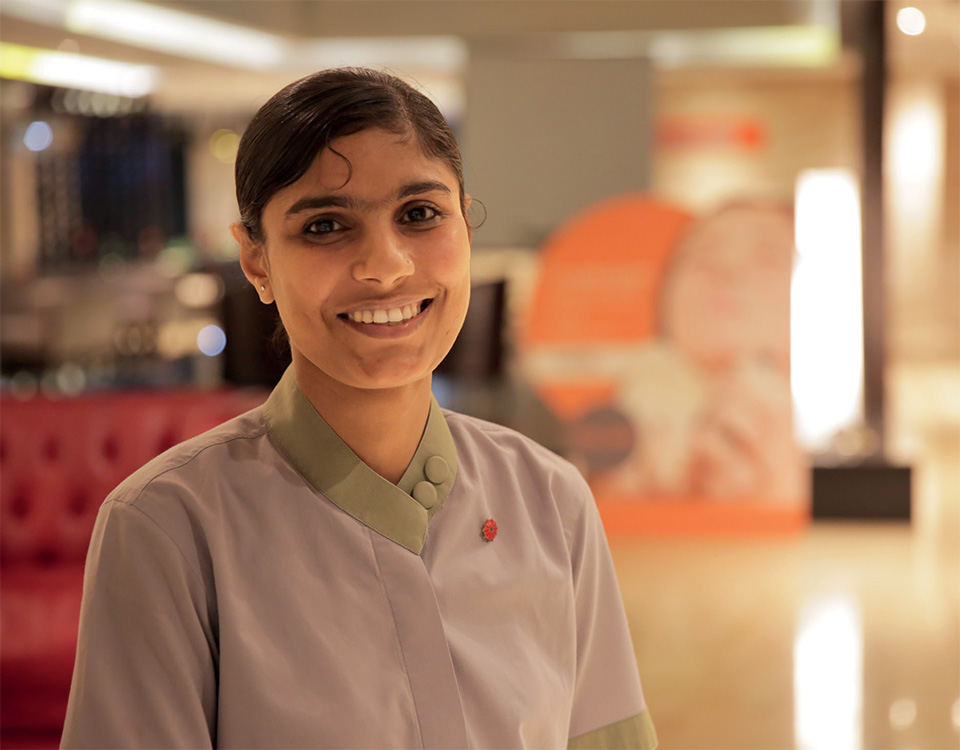Skilling the world’s youngest continent

Am I okay?
March 19, 2019
Real-life heroes: Using skills to flip the script
March 24, 2019Skilling the world’s youngest continent

The United Nations Data for World Population Prospects 2017 shows that Africa is the world’s youngest continent, with 60 per cent of its population aged under 25 years.
Although these young people live in some of the world’s fastest growing economies, most face insecure futures and unemployment. The unique vulnerabilities and challenges of young people are often unaddressed, limiting their potential and their ability to contribute to the development of their families, communities, and nations.
The agenda is set to promote science, technology, research, innovation, and build on knowledge and human resources for growth and sustainable development.

The development of sub-Saharan Africa is closely linked with the wellbeing of its young people. Helping the youth complete their education, accumulate skills that are relevant to the job market, delay early pregnancy, and start an independent livelihood – are all critical for their wellbeing.
Adolescent girls are vulnerable, and the cost of not protecting them is high. Child marriage often prevents girls from continuing their education and realising their full potential. According to the Malala Fund, 12 years of education for every girl would result in a 64 per cent drop in child marriage.
BRAC aims to make strategic interventions for the social and ” economic empowerment of young people in Africa.
BRAC works in Uganda, Tanzania, Sierra Leone, South Sudan and Liberia – countries with high child marriage and teenage pregnancy rates. The organisation is determined to unlock the potential of the girls through education, life skills, and livelihood opportunities.
The programme made use of a total of 1,721 clubs to target girls from disadvantaged backgrounds using the club-based approach.
 The ELA programme in Uganda, which pioneered the approach, provided the following support in 2018 to a total of 2,716 programme participants, out of which 1,755 were given livelihood training, 425 were given vocational training, and 536 were trained on apprenticeship.
The ELA programme in Uganda, which pioneered the approach, provided the following support in 2018 to a total of 2,716 programme participants, out of which 1,755 were given livelihood training, 425 were given vocational training, and 536 were trained on apprenticeship.
From 2008 to 2017, randomised control trial (RCT) results showed that income generation went up by 48 per cent and teen pregnancy fell by 34 per cent in villages with ELA clubs. Additionally, cohabitation fell by 62 per cent and girls involved in sexual activities against their wills dropped by 33 per cent.
Furthermore, the ELA programme in Sierra Leone provided livelihood training to 162 programme participants, and vocational and apprenticeship training to another 274. The elements of the programme involve training on machine repairing, tailoring, electric engineering, welding, and carpentry.
Ilemi Club, one of the ELA clubs on the outskirts of Mbeya, operated by BRAC Tanzania, offers teenage girls with spaces to socialise, and receive mentorship, life skills, financial literacy training, and microloans. Girls get training on tailoring, food production, hotel management, decoration, and entrepreneurship skills.
The programme builds confidence and instils a sense of self-worth, encourages positive behavioural changes, and improves girls’ quality of lives. In 2018, livelihood training was provided to 587 programme participants and vocational training to another 596. Furthermore, the programme raised awareness on reproductive health, unwanted pregnancy, early marriages, HIV, gender discrimination, all forms of abuse and violence, and helped them become better decision makers.
Similarly, in Liberia, 240 adolescents participated in livelihood and skills training through the ELA programme in 2018. They were provided skills in better decision-making that affects their lives positively and enables them to become active agents of social change. BRAC supported girls to reduce early pregnancy and early marriage, increase awareness on sexually transmitted diseases, reduce gender-based violence, drug abuse and sexual abuse.

In South Sudan, researchers measured the impact of the 2013 civil war on key indicators, and then measured the extent in villages with ELA clubs. It was found that while schooling activities went down overall by 6.8 per cent, villages with ELA clubs showed a 5.5 per cent rise in schooling. The programme works to socially and financially empower girls between the ages of 11 to 21 years, and supports the continuation of their education.
BRAC aims to enable young people in Africa to fight unwanted social pressures and build healthier futures for themselves. By developing stronger ELA models, and expanding reach to adolescent boys and young men, who are brothers, partners and neighbours of existing ELA club members, BRAC is working towards nurturing inclusive societies.
Musharrat Bidita is the deputy manager, Communications, Lamia Rashid is the director, Africa region and global strategy development, and Abul Kashem Mozumder is the head of education at BRAC International

